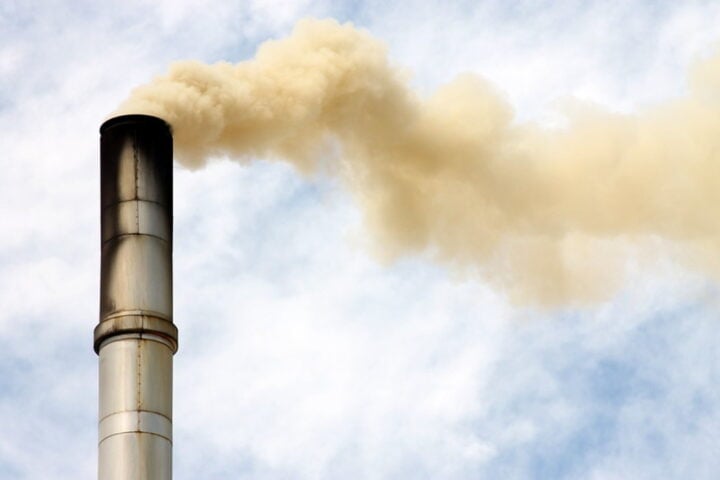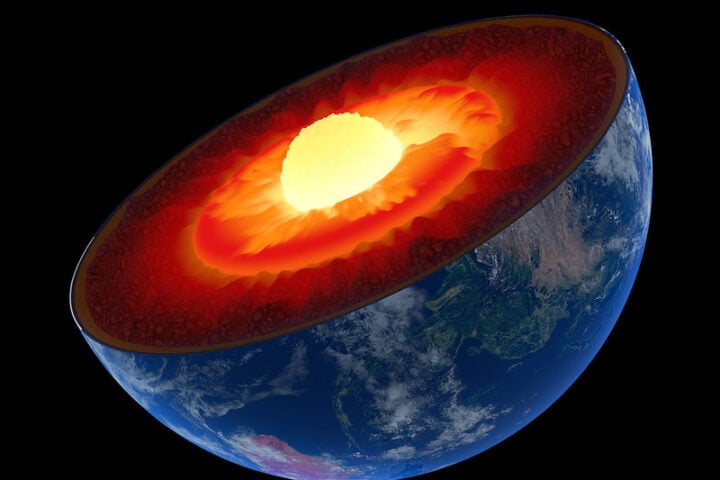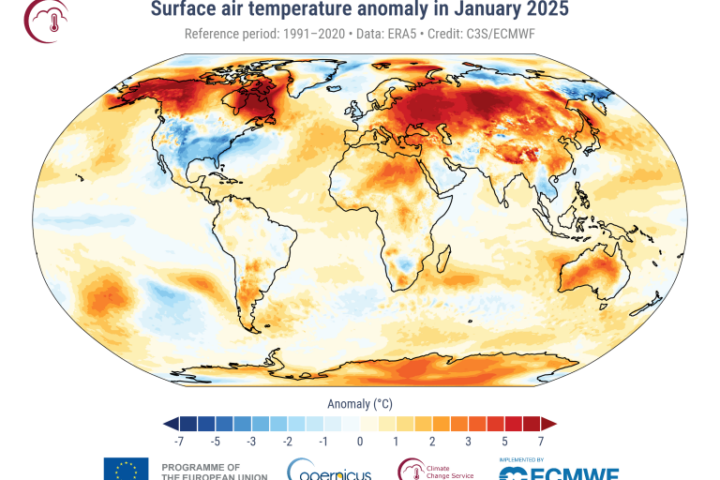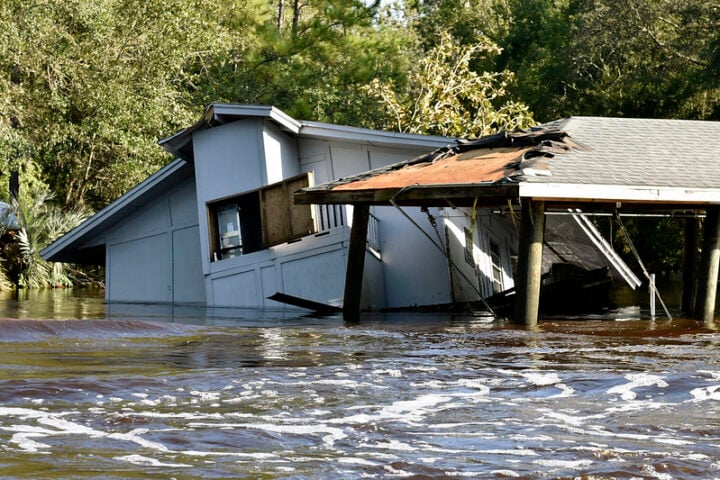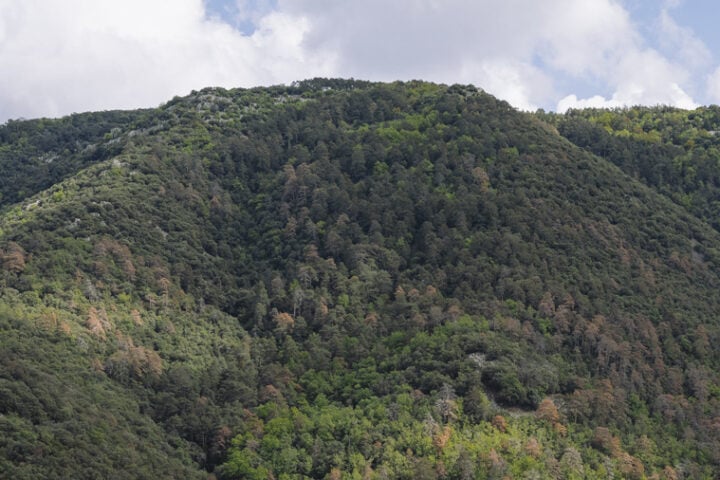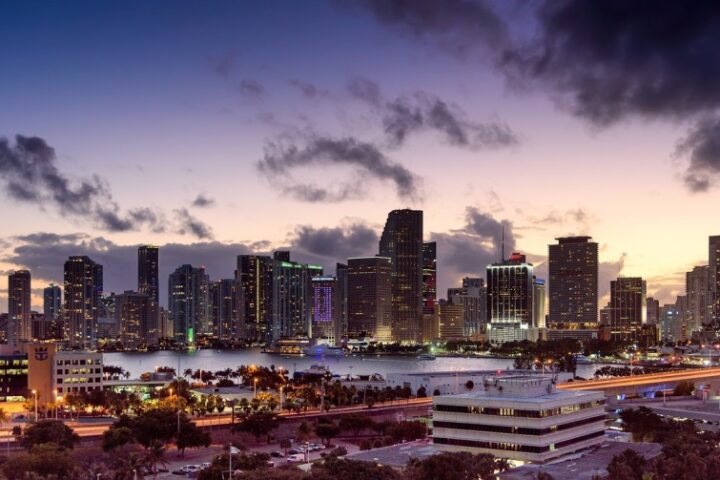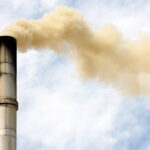The National Weather Service (NWS) has issued an excessive heat warning for the Bay Area, extending through Sunday night. The warning affects Alameda, Contra Costa, San Francisco, Santa Clara counties, as well as the mountains of the North Bay, Santa Cruz, and interior Monterey.
Record-Breaking Temperatures
Temperatures are expected to reach dangerously high levels, with some areas potentially hitting 105°F. “Another hot day across the region on Sunday! Slight cooling is expected by Monday and more so by Tuesday as the high pressure aloft weakens,” said NWS Bay Area in a social media post.
Sunday marked the hottest day of the year in San Francisco and the hottest October day in the city in decades. The high of 97 degrees set a new daily temperature record for the date, one of many records set across the Bay Area on Sunday.
Climate Change and Extreme Weather
Climate experts warn that global warming is contributing to more frequent and intense heat waves.Dr Melissa Lazenby, Lecturer in Climate Change at the University of Sussex, said:
“Heatwaves have increased in intensity, frequency and duration in observations and are predicted to continue on this upward trend in future. Heatwaves and their associated impacts are going to be something that we need to get used to and make sure we can adapt to now and in the future.”
Health and Safety Concerns
Prolonged exposure to extreme heat can have serious health consequences, especially for vulnerable populations like the elderly and those with pre-existing conditions. Symptoms of heat-related illnesses include heat exhaustion and heat stroke.
Public health officials urge residents to stay hydrated, avoid outdoor activities during peak heat hours, and seek shade whenever possible. Dr. Laurence Wainwright, who serves as a Departmental Lecturer at the Smith School of Enterprise and the Environment, University of Oxford, stated, “Heatwave events can have a significant impact on both physical and mental health. Key areas of the brain – especially those responsible for solving complex cognitive tasks – are impaired by heat stress.”
Similar Posts
Community Resources
Local authorities have set up cooling centers and public pools to help residents cope with the heat. The San Francisco Department of Emergency Management encourages residents to utilize these resources and to call emergency hotlines if they experience heat-related emergencies.
Non-profit organizations and community groups are also offering assistance to those in need. “Okay folks. There’s a light at the end of the tunnel. We’re tired of it too, but here’s some good news. All Excessive Heat Warnings have been downgraded to Heat Advisories (until 11 PM today), and the Heat Advisory for the coast is no longer in effect. We can do this,” posted NWS Bay Area on social media this monday.
Historical Context
The current heat wave is not only breaking daily records but also contributing to a long-term trend of increasing temperatures in the region. Data from the NWS shows that the average number of days with temperatures above 90°F in San Francisco has doubled since the 1980s.
“The first four days of October have featured an extraordinary and record-breaking heatwave across much of the western United States,” said Dr. Daniel Swain, a climate scientist-communicator focused on extreme weather events. “Each of the past four days have featured *all-time* monthly October temperature records in multiple locations,” he added.
As the Bay Area continues to grapple with the impacts of the heat wave, residents are advised to prioritize their health and safety by following the guidance of public health officials and utilizing available community resources.



